The 2018 Future News Worldwide conference through Hungarian eyes
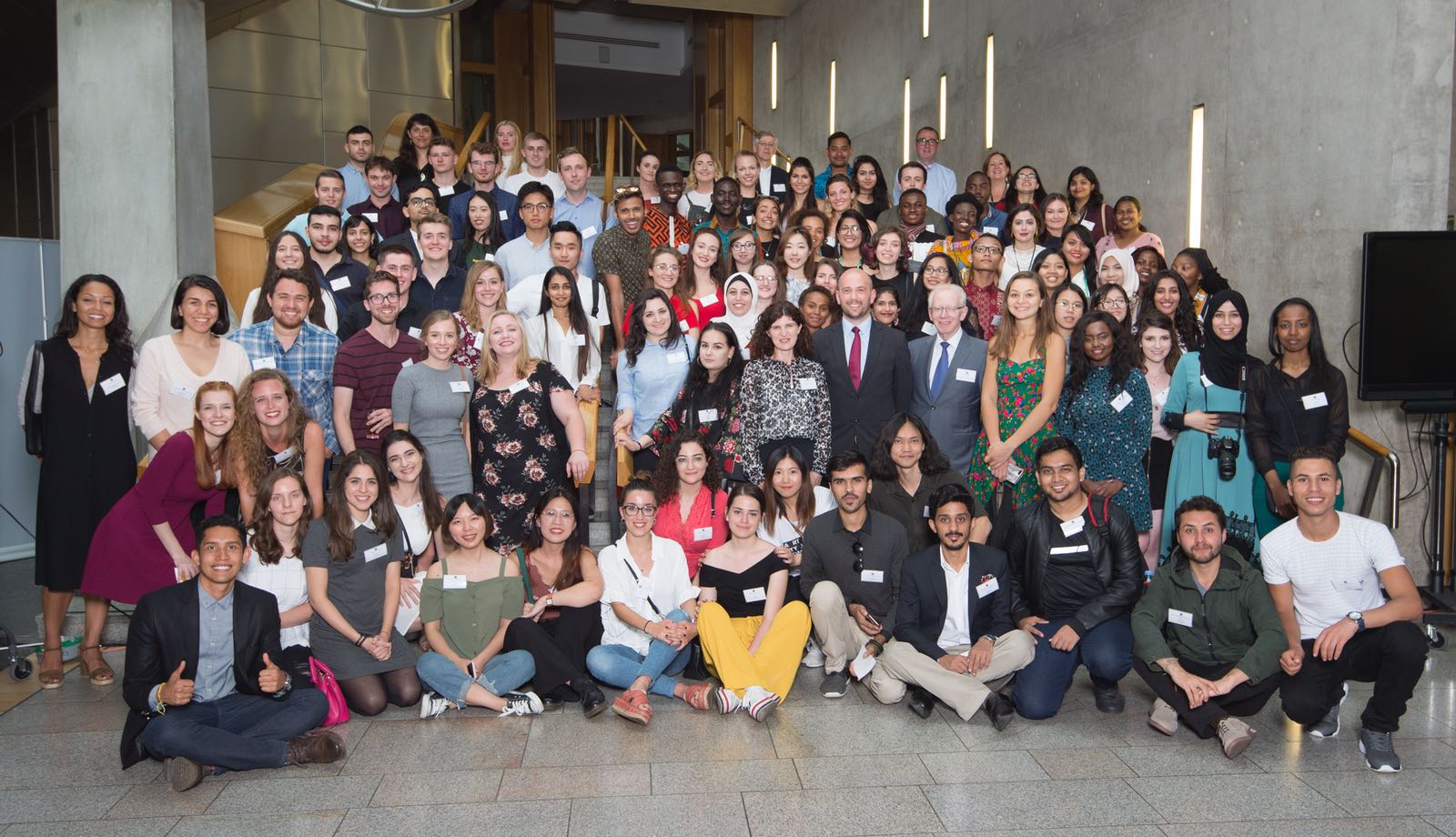
The leaders of the future, the future of journalism – big words and issues that need to be discussed, even if there is no consensus concerning the answer. Foretelling future trends and patterns is not an easy task in the ever-changing field of media. However, we can all contribute by joining the conversation Engagement, storytelling, diversity – that is how I saw #FNW18.
I was lucky enough to be chosen to represent Hungary at the 2018 Future News Worldwide conference held in the Scottish Parliament. It is essentially an intensive media training programme for young, aspiring journalists, reporters or media students from all over the world.
The programme is organised by the British Council, which collaborates with some of the world’s leading media organisations each year to connect the next generation of global journalists.

This year, the lecturers and workshop leaders came from top media organisations and platforms, such as BBC, Reuters, Facebook, Google, Vox Media and further fascinating initiatives like Code for Kenya, Hashtag Our Stories and Media Legal Defence Initiative.
The conference was held in the modern building of the Scottish Parliament. Edinburgh was very gracious and welcomed us with amazing weather that is considered to be a miracle in Scottish terms. The sunny weather was the subject of many jokes as locals said they would have thought it was fake news if they had not seen it with their own eyes.
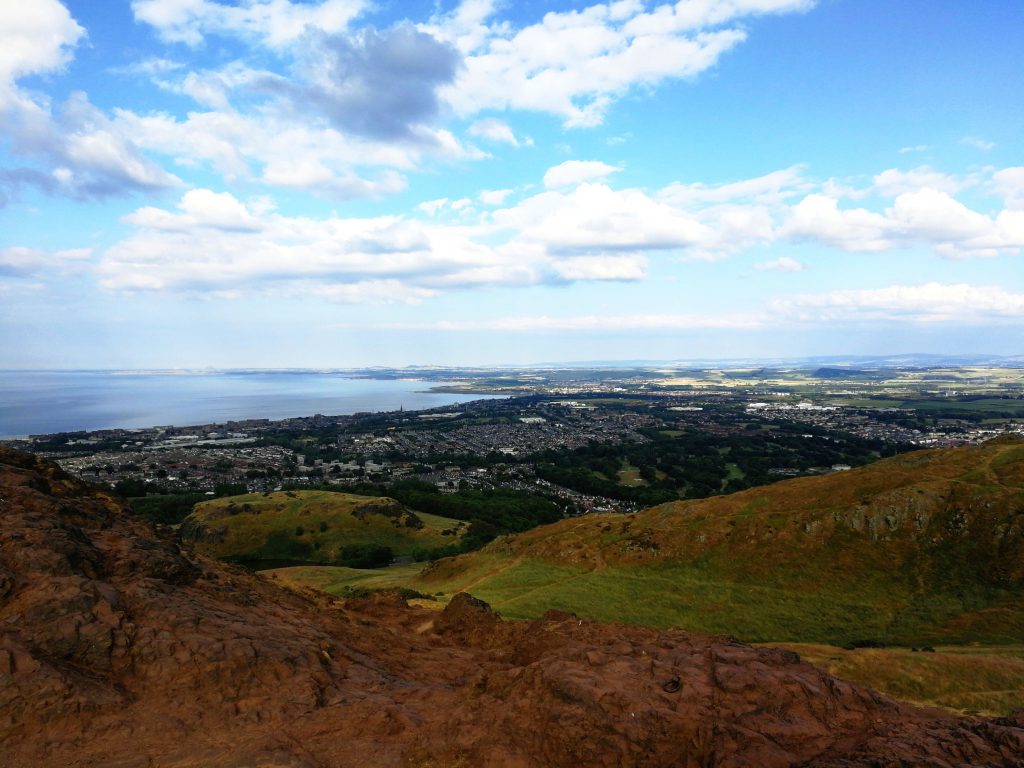
By the way, as far as fake news is concerned, the rising phenomenon was not the main focus of discussion. Of course, it cannot be avoided, but the main topics and “takeaways” were centred around storytelling, the engagement of the audience, giving voice to the voiceless, digital newsgathering and verification.
Instead of summarising every presentation, I would like to recap some of the most important pieces of information and sentences that stayed with me.
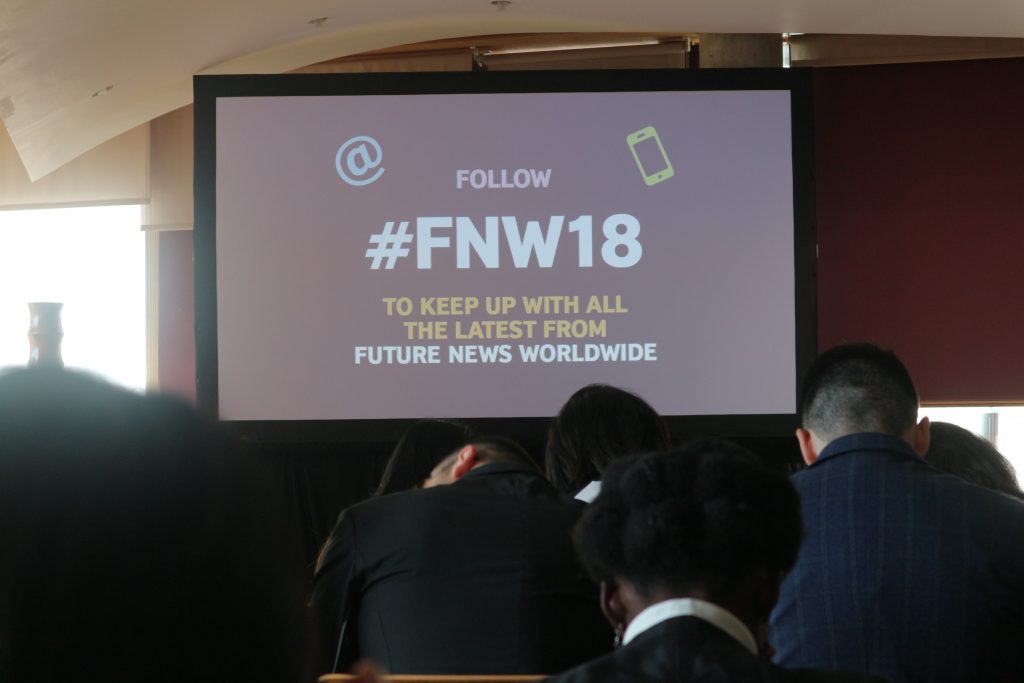
So, the first conference day was kicked off by Catherine Gicheru, experienced veteran journalist and country lead for Code for Kenya. She highlighted the importance of personalisation and the need for humanising intangible elements such as numbers.
Then came the favourite of many, Melissa Bell, the Co-Founder of Vox. She identified “WTF” problems and invited us to look for solutions. She encouraged us to step out of our comfort zones and reminded us that we should never underestimate the audience.
As she said “Find people you do not agree with, people that challenge you”
We also had the chance to listen to Lucy Freeman, the CEO of Media Legal Defence Initiative and learn practical skills from Google and Facebook through their tools empowering digital journalists. The session about online newsgathering and verification was similarly useful.
During the fantastic gala dinner held in The Hub, the dialogue on the challenges of journalism was continued under the lead of Alessandra Galloni, Global News Editor of Reuters. She emphasised eight principles and encouraged young female journalists to stand up for themselves with confidence.
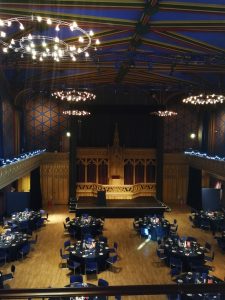
The role of women in media was further discussed with Carrie Gracie, BBC News Presenter, on the second conference day.
She advised us to “have a map and a compass” as they are very much needed for this vocation.
We became the editors of Newsquest Scotland with Editor-In-Chief Donald Martin in an interactive session, where we had to decide whether or not we would publish certain news items from a media-ethical point of view.
Foreign Correspondent David Pratt shared his incredible experiences and engendered the most lively debate out of all the presentations. He believes that neutrality is impossible and “possession bore some of the best journalisms”.
Then, the room exploded with the endless energy of Yusuf Omar, Co-Founder of Hashtag Our Stories. He talked about mobile journalism (mojo) and how they aim to educate people through technology. The last session featured Mary Hockaday from BBC World Service, who brought a wise end to the conference.
“It’s not about age; it’s about the attitude of mind” was definitely her most remarkable sentence.
Among others, I learned how to verify online information, how to use different tools to amp up articles, how to cover sensitive topics and the importance of integrity and accountability. I also learned that I need to step out of my “comfy topics zone” and that I want to confront myself with opposing opinions in order to learn from others and broaden my perspective on many levels.
Why not leave our “bubbles” if it can give us new ideas, inspiration and courage?
If we look deep into ourselves, we realise that we all have prejudices and certain preconceptions about people, situations, professions etc. But these walls fall shattering down when you meet such a diverse group of people and even get the chance to talk one-on-one to top media figures (they were kind enough to mingle with us in the breaks).
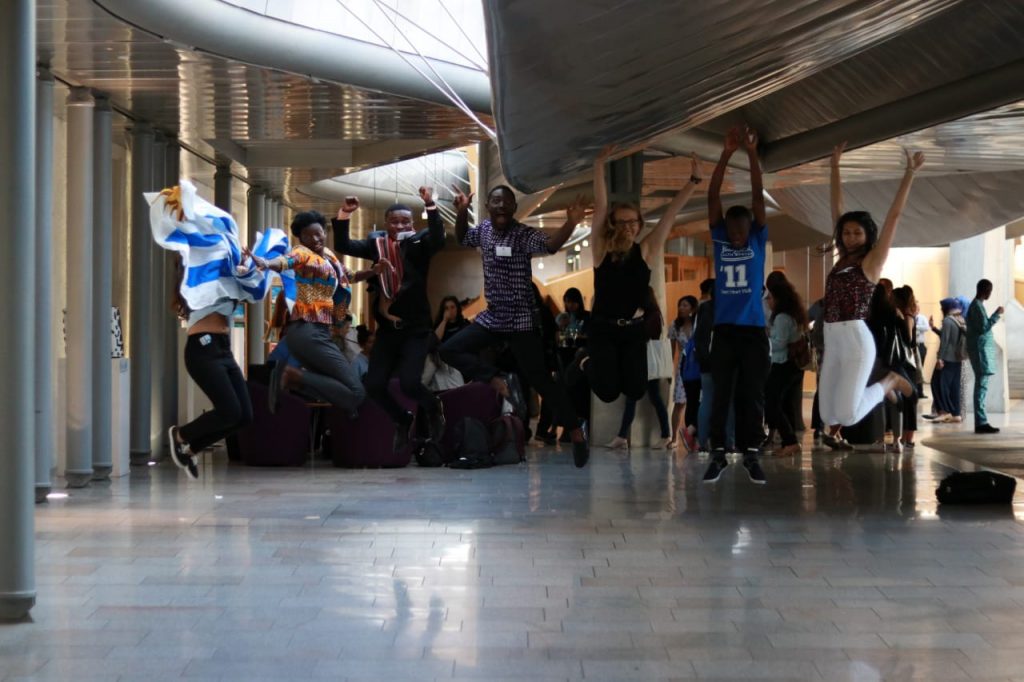
And the best part? At the end of the day, you realise that no matter which nation, religion, race, culture and part of the world we come from, there are so many things that connect us and in many sense we are more similar than different.
We share passion, ambition and creativity.
When I applied for the conference, I was in a place where I felt that I started to lack inspiration regarding my work, but upon returning home, I believe I can state that my faith in journalism has been restored and I am beyond motivated to pursue this path.
If I am honest, I have to say that I am still processing the incredible amount of valuable information I received in Edinburgh. It took me a week to sit down and start writing this summary, because it was an intense few days – in the most positive and empowering sense of the word.
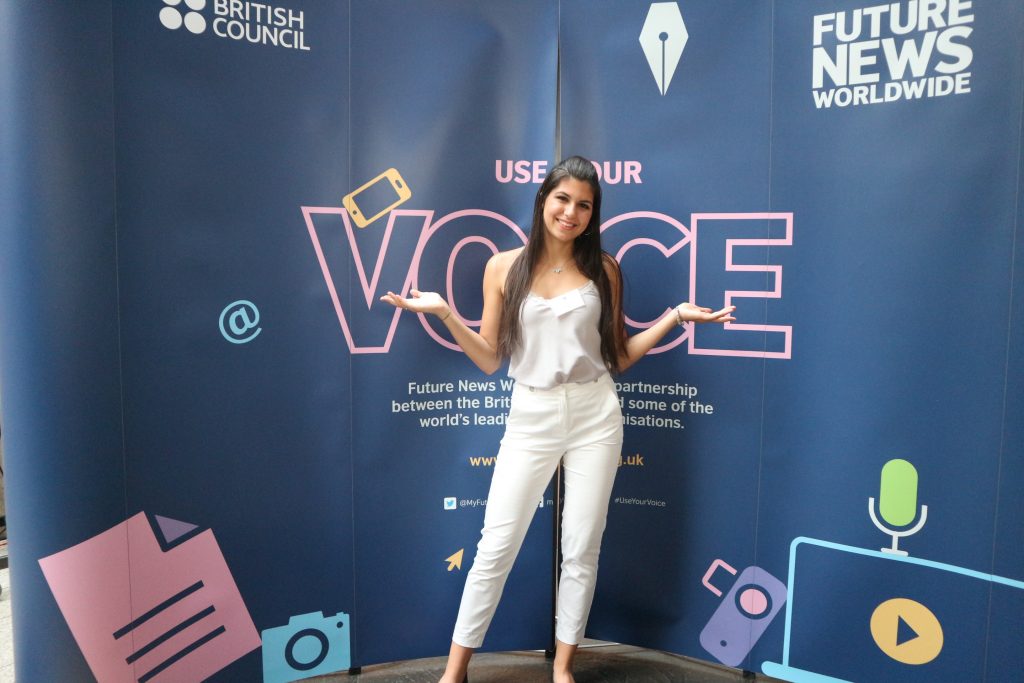
I feel very blessed and lucky to have been able to take part in such an inspiring and thought-provoking experience. I am happy that I could share it with 99 brilliant fellow delegates from all over the world.
Thank you to the British Council for the amazing organisation and opportunity.
Featured image: Neil Hanna
Source: Daily News Hungary

